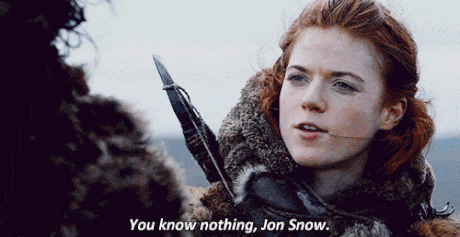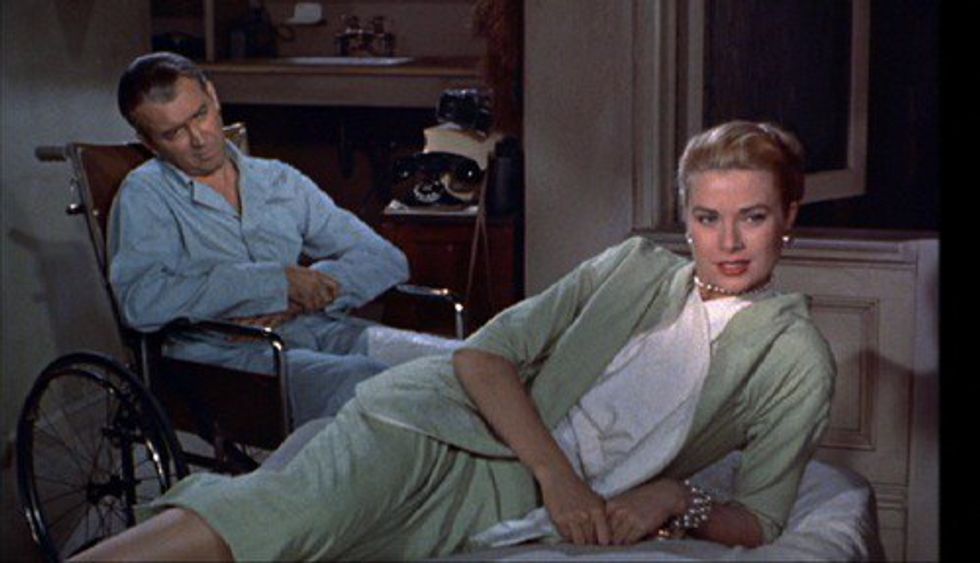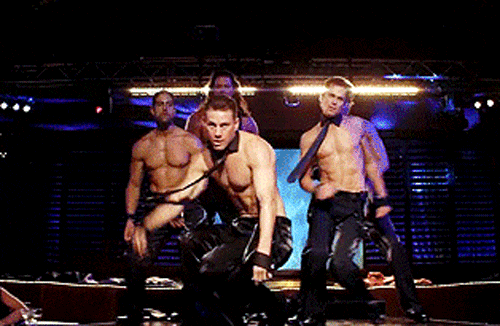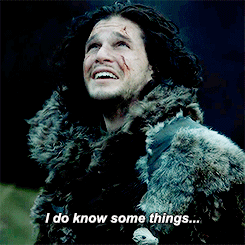Everyone's favorite Head of the Night's Watch said something relatively controversial in an interview with the Sunday Times this week. Kit Harington, who plays Jon Snow in HBO's "Game of Thrones," said:
“I like to think of myself as more than a head of hair or a set of looks. It’s demeaning. Yes, in some ways you could argue I’ve been employed for a look I have. But there’s a sexism that happens towards men. There’s definitely a sexism in our industry that happens towards women, and there is towards men as well... At some points during photoshoots when I’m asked to strip down, I felt that.”
A lot of fans are taken aback by his remarks, saying that it's unfair for him to equate the experiences that women have experienced in Hollywood to the experiences that a small amount of men in Hollywood experience. However, is it right for people to dismiss Kit's argument so quickly?
I'm going to play devil's advocate with this argument and dissect both sides, since I truly think it's a tricky subject.
The Opposition: "You know nothing, Jon Snow."
Women have experienced sexism in terms of their appearances ever since the birth of the film industry. Young women have played the romantic leads of men almost twice their age. The "male gaze" in cinema often follows the eye-line of the male protagonist, allowing the camera to highlight a female's body. (We're all familiar with the camera pan up from a woman's feet up to her face; this is a perfect example of the male gaze.) Female actresses are often placed at angles that highlight their bodies and their femininity.
Women are also more likely than men to be assigned one-dimensional characters. Although I truly believe that the rise of female directors and female leads is slowly transitioning from this, this norm has existed for decades. The amount of movies and TV shows that do not pass the Bechdel Test is astonishing, especially in the 21st century. (The Bechdel Test is a way of determining if a book, film, TV show, play, etc. has dynamic female characters. If two females have a conversation about something other than men, it passes the test.)
Hollywood sexism for females has existed for decades, while this reverse sexism that Kit Harrington refers to is more of a recent development in the industry.
However, with films like "Magic Mike," I -- as a female -- do not necessarily see these actors being demeaned (though I cannot speak directly for them). Instead, I see these movies as a response to the objectification that females have experienced -- with and without their consent -- since the media came into existence, a sort of counter to the male gaze.
The Defense: "I do know some things."
Just because women experience a ridiculous amount of sexism in Hollywood doesn't mean that men don't experience any. While -- as Kit says -- women experience more sexism in the industry than men do, who says that men don't experience any at all?
I personally believe that a lot of the criticism Kit is receiving is unfair. I truly think that he isn't trying to compare his experience to what women experience; I think he is trying to put it out there that Hollywood is flawed for a lot of men as well. While I do believe that a lot of the arguments against Kit's statement are valid, a lot of what I have seen consists of undermining his statement due to the fact that he is a young, white, attractive male (which, on paper, seems like the ideal combination).
In defense of Kit Harington, is his argument truly a gendered problem or this simply a universal problem in the industry? Many young actors and actresses in Hollywood are typecast due to their appearance. Even in the tabloids, men and women are both picked apart for stretch marks, cellulite, beer guts, or body hair. Perhaps this relates instead to the superficiality of Hollywood, which places a heavy emphasis on appearance. Unattractive actors and actresses are deprived of certain roles, while attractive ones are often objectified. In this case, men and women should both speak out about it in order to create change, since this superficiality relates to everyone in the industry.
In conclusion...
I think that rather than tearing Kit Harington apart, it's important to think about what he's saying from his perspective. It's so easy to reject someone else's issues just because the ones you (or your collective gender/race/etc.) experience are more difficult, but empathizing with others is necessary in creating change, both for yourself and for others.
Bottom line: people shouldn't be pressured to do something they don't want to do, whether it's taking your shirt off for a photoshoot or accepting a role that undermines your race or gender. Let's not silence Kit Harington, whether we agree with him or not, but instead understand both sides of the story before we judge the situation.
I think there's a lesson to be taken from this, though I don't think it has everything to do with gender. I don't think Kit Harington really meant that it has to do with sexism, as both sexes experience this. However, the issue of being objectified is one that needs to be placed more in the public eye than it has been.
























